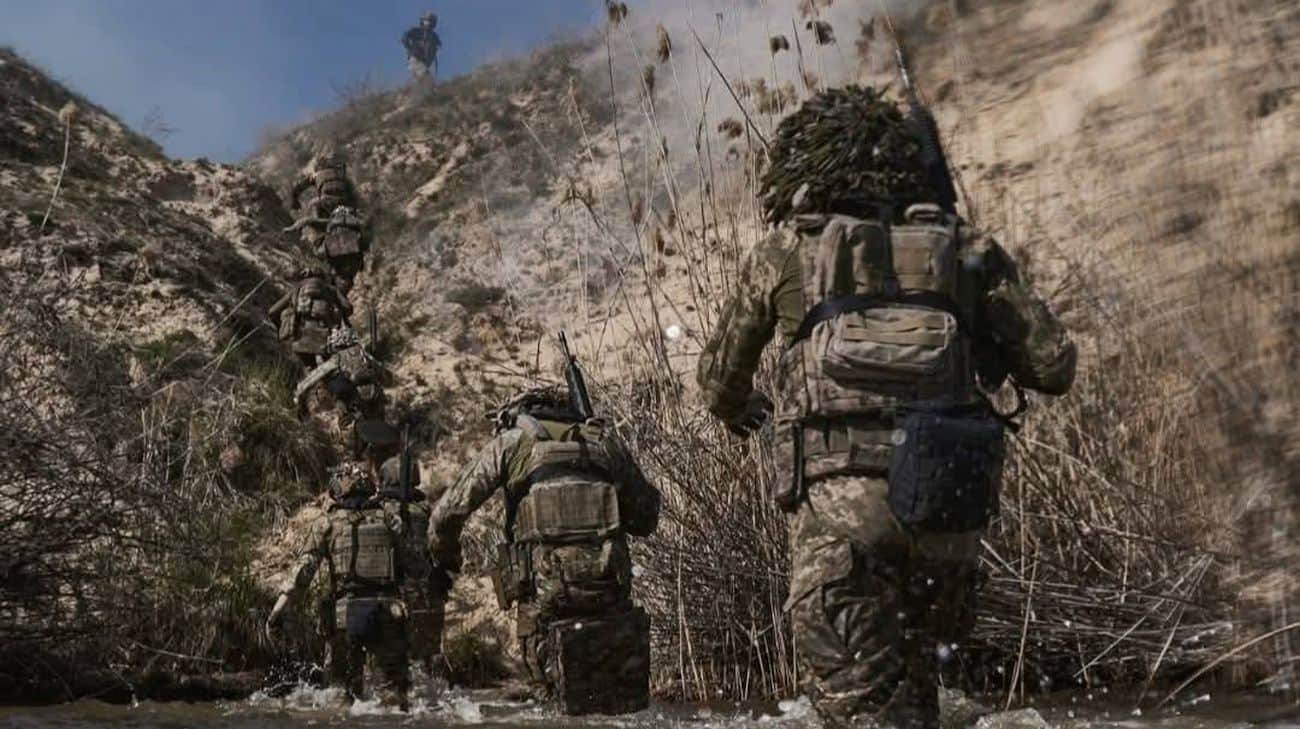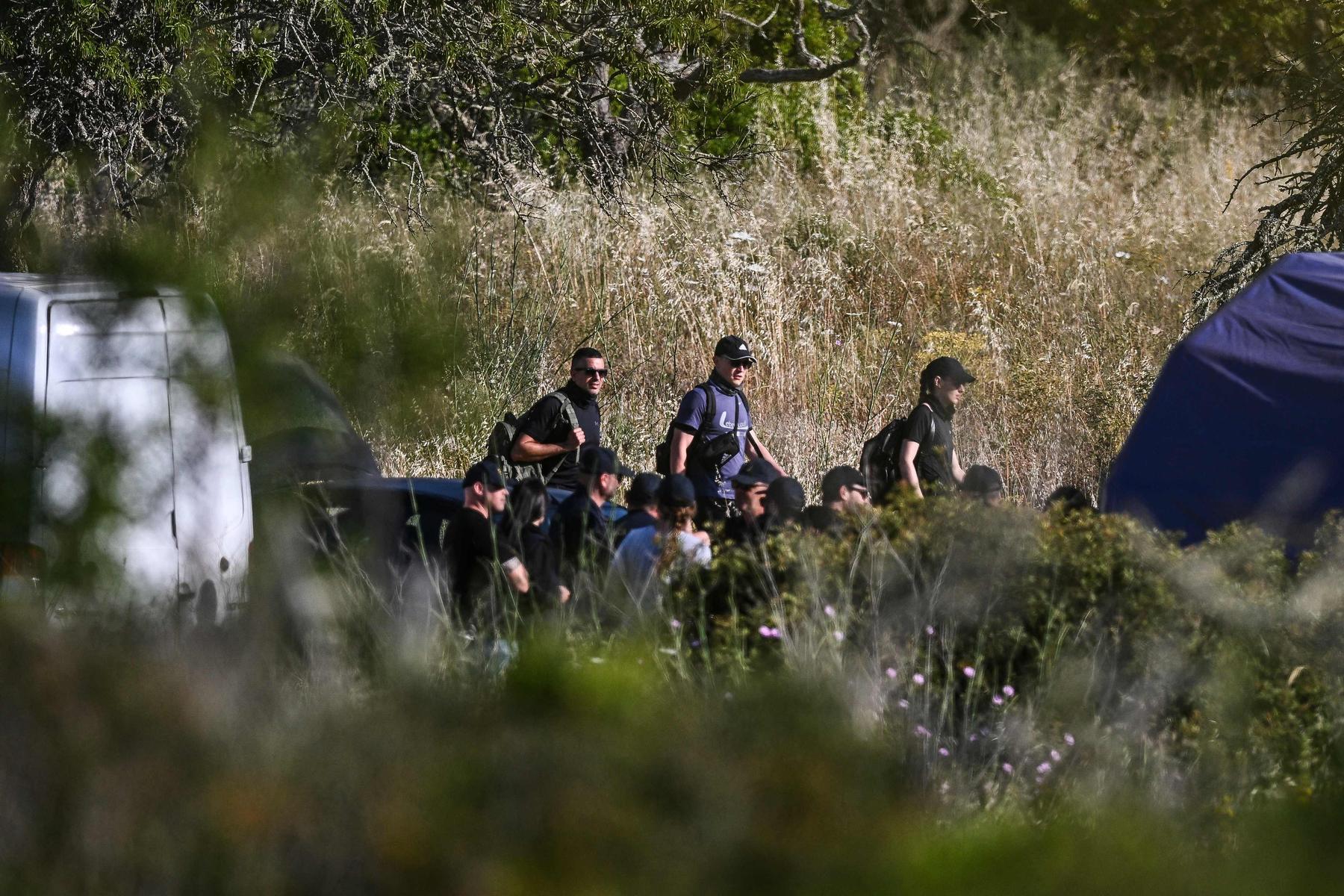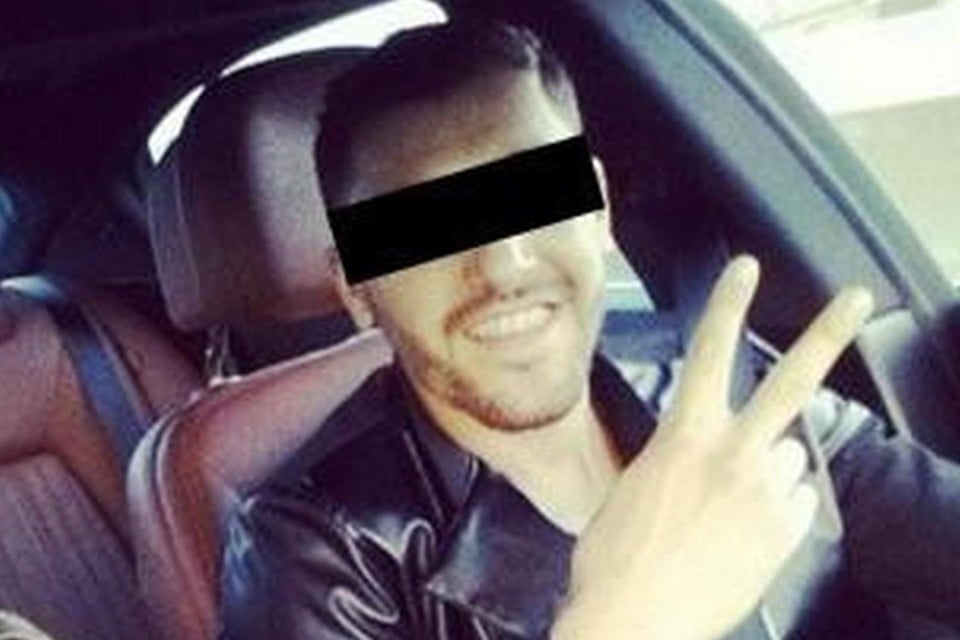Brussels is under the spell of a trade war, European countries want to negotiate with Trump. Why is The Hague silent?
:format(webp)/s3/static.nrc.nl/wp-content/uploads/2025/04/10225808/web-1004ECOwit2.jpg)
While Brussels is under the spell of the trade war and holding feverish consultations about countermeasures, it is quiet in The Hague at first hearing. Cabinet and coalition are especially busy with domestic issues, such as adjusting the budget. Yet the Cabinet Schoof behind the scenes is indeed busy with the taxes, insiders say. The Netherlands has consciously opted for a strategy of silent diplomacy and acceleration in the EU context.
The Netherlands almost entirely follows the line that the European Commission expands. Other member states lobby firmly in Brussels to prevent their products or industries, such as cars (Germany), wine (France and Italy) or the tech sector (Ireland), to be affected by retaliation taxes. In the meantime, the Dutch cabinet is standing on the plain about the Dutch interests around the taxes.
Countermeasures must be « robust, proportional and de-escalating », Dick Schoof said last Friday. Reinette Klever, Minister of Foreign Trade and Development Cooperation (PVV), emphasized on Monday after consultation with its international colleagues in Luxembourg how important it is that Europe operates as ‘unity’. « As an individual country you get little done. »
Leading role Europe
It is a striking tone for a minister of a party who has always been very critical of the EU. Although the PVV has made a twist in recent years and the ‘Nexit’ is no longer in the party program, the party is still skeptical about a strong role of Brussels. Geert Wilders also sees a ‘Brother in Arms« , He said recently, and he has nothing to do with what he calls the » hysterical anti-trump mood « . Nevertheless, Klever is now in line, she emphasizes the leading role of Europe in trade policy and calls a « strong, joint EU response » important.
So the Netherlands is not sailing its own course, emphasized Eelco Heinen, Minister of Finance (VVD) last week. ‘Bilateral’ negotiations, the one-to-one negotiations on which the US preferably manages are not an issue, he said, and it would stay that way.
But little is released about the specific Dutch interests that the cabinet wants to represent in Brussels. For example, Klever said he was unable to elaborate on that in the Lower House recently, because it touches on ‘business confidential information’. It is known, however, that the Dutch export of chemical products, machine parts and pharmaceutical products are sensitive to taxes.
‘No oil on the fire’
VNO-NCW director Focco Vijselaar is happy with the “Calm, cool and collected-posture « of the cabinet. » No one has an interest in escalation and that oil is thrown on the fire. » Vijselaar talks about intensive, weekly contact with the Ministries of General Affairs, Economic Affairs and Foreign Affairs, in the so -called « Taskforce US » set up after Trump’s appointment.
According to Vijselaar, all EU Member States are currently ‘forced to cooperate’. According to him, the Netherlands would do well to raise together with other Member States, for example to arrange certain exceptions to the levies. During the previous Trump government it succeeded: an exception was made for the steel of Tata Steel.
That was regularly at a time when the Netherlands regularly under former Prime Minister Rutte « Boven his own weight ». That position is now under pressure, because Schoof as a newcomer in Europe does not enjoy the same authority as Rutte had.
In the search for exceptions, the Netherlands must look where the interests match that of America, says Vijselaar. He refers to the exception that Washington makes on the American taxes for gasoline, because there is a shortage in the northeast of the US. « That is now being shipped for tariff -free from the port of Rotterdam. »
In conversations with those involved around the cabinet, the government is convinced that the interests of the Netherlands, that would like exceptions to steel or pharmaceutical products, are similar to those of other countries and that a separate position for the Netherlands is therefore not necessary.
Unlike, for example, France and Germany (a stronger approach) or Italy and Ireland (taking more time), the Netherlands takes a middle position: de-escalating.
That caution seems fertile for the time being. On Wednesday, Trump announced that it would postpone the higher import duties for the time being and to give the space to negotiations for ninety days.
Read also
How Trumps immediate environment tried to take care of him carefully
« Very wise that the Netherlands is on the plain, » says Steven Brakman, professor of international economy at the University of Groningen. « Save back hard, you only have yourself with that, » says Brakman. « If you enter high counterparts, you only make it harder to import. As if you throw boulders in the port of Rotterdam. » Brakman sees taxes as the very last resort.
Anyone who introduces high counter -taxes hinders imports. As if you throw boulders in the port of Rotterdam
Europe must point out to the US that « as an economic superpower draws its own plan, » says Brakman, for example by building new trade relations with Canada or Asian countries. Europe can also think about export restrictions, such as making it more difficult to export ASML chip machines to America.
In the coming period, European countries should not be separated, now that it is for the time being guessing at the precise goal of Trump in the negotiations, says Brakman. « Trade within our continent is much more important than beyond. »
Mercosur
It turned out that the pro-European course of the cabinet on this subject sometimes sanded the position that the PVV always took last week in the Lower House. PVV MP Dennis Ram thought that Minister Klever « had to make every effort » to get the taxes off the table, but at the same time made sharp criticism of the EU in his contribution.
He stated that the Dutch citizen is confronted with higher prices through the trade war, while Brussels generates more income through import duties. The PVV wants the Dutch citizen to be compensated for this. The cabinet did not yet intend to do that, Minister Klever replied.
The VVD seized the debate to argue for Mercosur, the free trade agreement between the EU and South American countries, so that Europe can reduce its dependence on America. For the time being, a majority against Mercosur, including PVV, NSC and BBB. Klever called Mercosur, about which the European Union is taking a decision this summer, « controversial. »
The cabinet tries to keep the head cool, said Minister of Economic Affairs (PVV) Dirk Beljaarts on Friday after the Council of Ministers. Asked about the flaring trade war between China and the US, Beljaarts said: « The image changes every day, the worst thing you can do is speculate. »
With the cooperation of Pim van den Dool

:format(webp)/s3/static.nrc.nl/wp-content/uploads/2025/06/05163439/data133217982-f902a2.jpg)
/s3/static.nrc.nl/wp-content/uploads/2025/06/06205808/web-0606BINspermadonatie.jpg)
/s3/static.nrc.nl/images/gn4/data133317775-d0126f.jpg)




